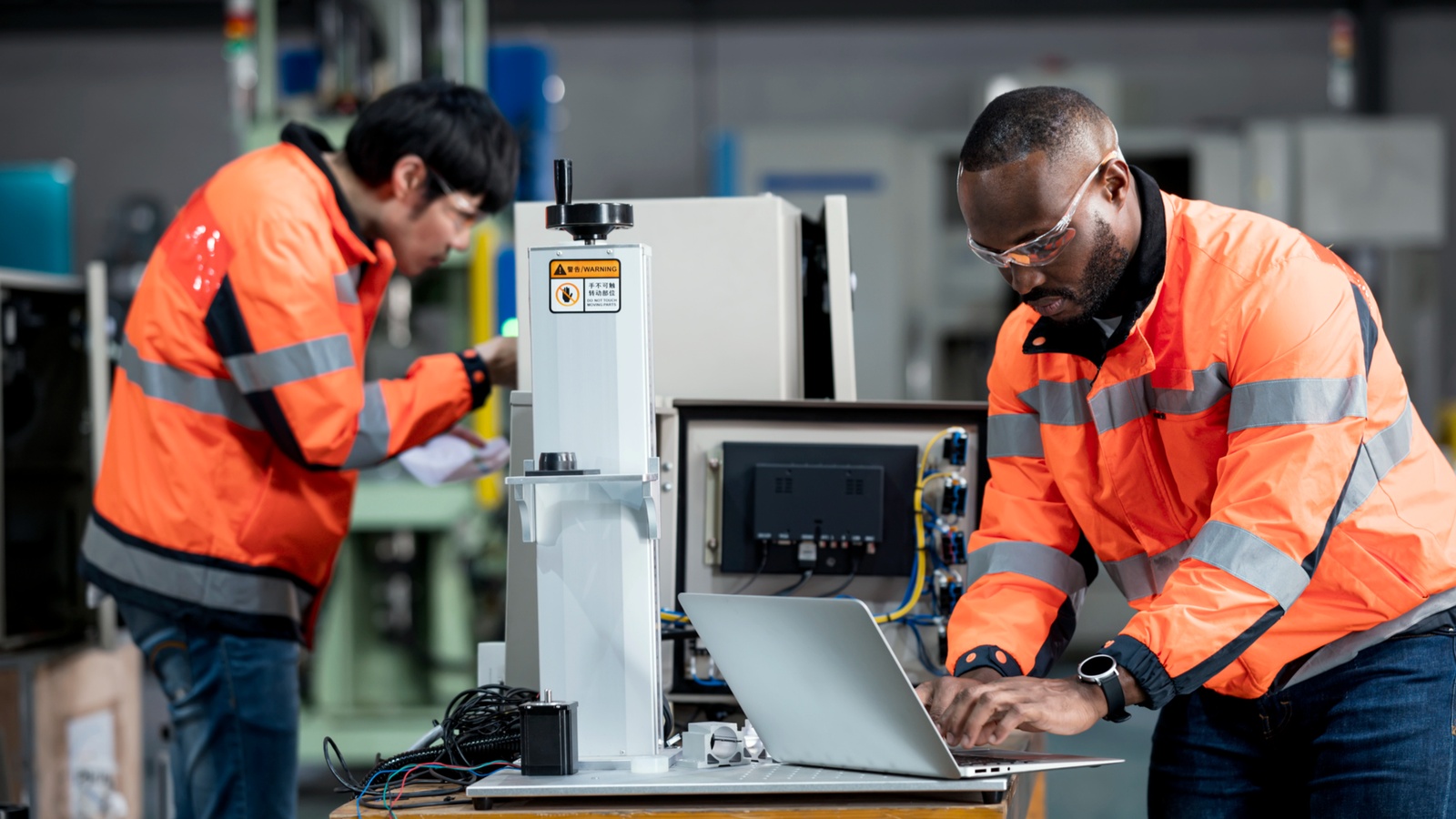Sustainability Is a Top Manufacturer Priority, Survey Shows

Manufacturers are pursuing sustainability like never before.
That’s according to recent polling conducted by the Manufacturing Leadership Council, the NAM’s digital transformation division. The annual Sustainability and the Circular Economy research survey seeks to determine the progress made in sustainable manufacturing.
Competitiveness: There has been a surge in the number of manufacturing executives who view sustainability as critical to the future of their businesses.
- 58% of respondents in 2022 believe sustainability is essential to future competitiveness compared to 38% in 2021.
- 68% of executives say they are implementing extensive, corporate-wide sustainability strategies. That’s up from just 39% in 2019.
What’s driving change: The motivations go beyond regulatory compliance and cost savings.
- 78% say sustainability is about better alignment with corporate values.
- 68% believe in creating a cleaner, healthier environment.
- 66% seek to improve company reputation with customers and investors.
Top corporate goals: More than half of survey respondents reported having specific sustainability goals and metrics across almost all key functions in the company.
- Goals were most apparent in manufacturing and production (79%), supply chain (69%) and product design and development (67%).
- Additional goals were cited in transportation and logistics (56%) and partner compliance (51%).
Energy efficiency is No. 1: The primary sustainability focus of manufacturers, according to survey results, is energy efficiency and reduction, combined with the transition to renewable energy sources. These efforts are linked intrinsically to meeting net-zero emissions goals.
- 45% of respondents report having announced formal net-zero goals.
- 30% aim to hit net zero by 2030.
Digital tech, employee training play a role: Also on the rise is the number of companies that recognize the importance of digital solutions in their sustainability efforts.
- These tools are being used to manage and monitor materials and energy consumption, optimize operations to improve efficiency and report sustainability progress.
- Respondents also say meeting sustainability targets must include engaging employees through education and training, as well as greening their supply chain.
The last word: An overwhelming 90% of all respondents agree that manufacturing has a special responsibility to society to become more sustainable and accelerate the transition to a future circular industrial economy.
Interested in putting some renewable energy solutions into action, including solar power, battery storage and LED lighting? Programs from utility companies and other entities enable efficiency upgrades with little or no upfront capital. Connect with NAM Energy to explore your options!
